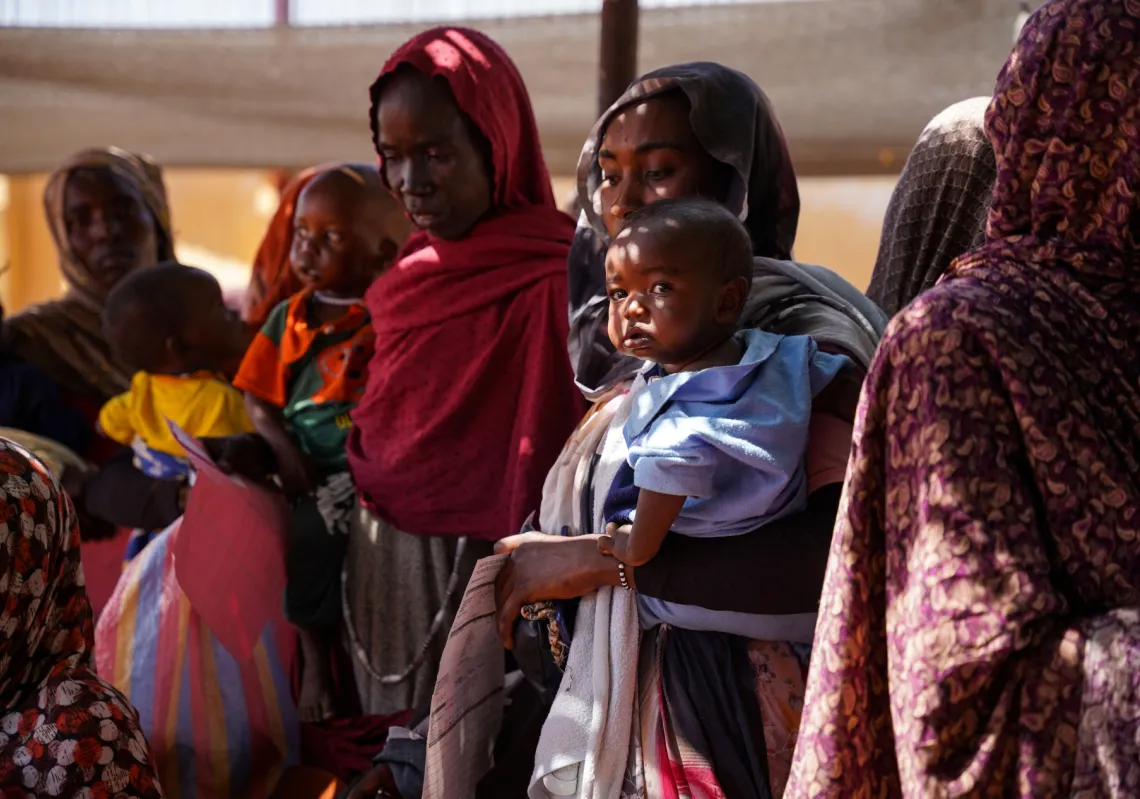Sitting in his spacious Riyadh office, Khalid Al Khudair smiled as he recalled how “everyone laughed” when he started building Al Yamamah University on the desert outskirts of this city. “Too far out,” people said. Then, the first crop of 126 students plummeted to 40 in just one semester because many could not cope with the course work. The new university was “too hard,” people said. But Al Khudair persevered. Today, Al Yamamah has 1,400 students—half of them women—and is recognized as one of the kingdom’s most innovative and forward-looking private universities. Still, critics remain. They send Al Khudair emails and text messages complaining that he is spreading harmful “liberal” ideas among Saudi youth. New acquaintances sometimes turn cold and distant when they discover that Al Khudair is Al Yamamah’s founder. The middle-aged businessman is not perturbed by the flak because he sees himself on an historic mission. “If we go back to our Islamic history, we created a lot of things,” he said. “I think we have to be part of the world. We have smart people….I want my students to think they can have the Nobel Prize one day.”
Al Yamamah’s success in such a short time—it opened in 2004—is evidence of the thirst for better education opportunities in this oil-rich kingdom. In the last decade, but particularly since King Abdullah bin Abdul Aziz ascended to the throne in 2005, there has been a growing realization among policy-makers that Saudi Arabia must revamp and expand its entire education system if it is going to meet the kingdom’s long-term demographic and economic challenges. Those challenges include a youth boom: About 70 percent of the country’s 22 million citizens are under 30. They include high unemployment rates—almost 7 percent among men and 25 percent among women. Moreover, if Saudi Arabia is going to successfully diversify its economy away from near-total dependence on oil, as well as its dependence on foreign labor—which was 51 percent of the nation’s total work force in 2007—then it has to develop its own people into skilled, educated workers. The king has made education a top priority; 26 percent of the national budget is now devoted to this sector. In 2009, that amounted to $32.5 billion. A good deal of that money has gone towards expanding higher education. A decade ago, Saudi Arabia had only eight public universities. Now there are 26, as well as 8 privately run universities. And 70,000 Saudis are now studying abroad on government scholarships.
Many Saudis appreciated the need for education reform decades ago. But this need became more urgent after the Sept. 11, 2001 terrorist attacks on the United States carried out by 19 suicide hijackers, 15 of them Saudi. This gave impetus to the efforts of those who want to broaden the horizons of Saudi youth by upgrading education. Mohammed Rasheed, who served as education minister from 1995 to 2005, was one of them. He is proud, he said in an interview, of what he managed to accomplish: Getting girls schools put under the same ministry as boys, for example, and modernizing math and science curriculums. But all too often, Rasheed said, his attempted reforms ran into resistance from conservatives who feared that change would dilute the religious component of education. They saw reform as dangerous appeasement of the West, especially the United States. When Rasheed campaigned for replacing rote memorization with a more interactive teaching method, the kingdom’s 400,000 K-12 teachers objected, he recalled, because “they were not used to it.” Even top officials in his own ministry “would agree with me” on new initiatives “but then I found out they were implementing something different from what I wanted.”
This resistance, which stems from a religious culture suspicious of any change, is one of three major obstacles to improving the Saudi education system, according to Ahmad Al Eisa, author of the 2009 book, "Education Reform in the Kingdom." The lack of a detailed vision of education reform from the political leadership, and the highly centralized structure of education also are blocking effective reform, his book states. Al Eisa, who has been in education for 30 years and served as Al Yamamah’s first president, argues that the current system, rather than being renovated, should be rebuilt from the ground up. Labor Minister Ghazi Al Gosaibi called Al Eisa’s book, which was published in Lebanon and not available in bookstores here, “the most important book talking about a public issue within the past two decades.” Al Gosaibi also wrote that resistance to education reform is due to “strong ties between the prevailing values and the education system,” which creates the impression “that any attempt at educational change is an assault on the constant values of society.” This connection is even stronger when it comes to educating women and girls. Here, the trends all point in one, revolutionary direction: Saudi females are getting more and more educated every day. Today, women make up more than 58 % of university students.
But more needs to be done, according to a bold new report by Mona Al Munajjed, a sociologist and senior advisor with Booz & Company’s Ideation Center in Riyadh. As Al Munajjed writes in “Women’s Education in Saudi Arabia, The Way Forward,” the government needs “to formulate an educational reform strategy for young women that includes major structural changes in the school system and that will respond to the demands and priorities of a dynamic society.” The curriculum at girls’ schools through the secondary level is “dominated by religious studies and Arabic,” the report stated. And at university, the fields of study open to women “are limited”, and “do not correspond to the needs of the labor market.” “We have to upgrade ourselves, we women,” Al Munajjed said in an interview. “We have to be aware of what’s happening around us.” Most importantly, she added, “we have to differentiate between the local customs and traditions, and religion. There is too much confusion between them.”
Sorting out that confusion will be no easy matter; Which is why strong leadership, along with mountains of patience and persistence, is needed to bring Saudi education up to its full potential.
Caryle Murphy –Pulitzer Prize Winner in Journalism in 1991, is an independent journalist based in Riyadh. She is the author of “Passion for Islam”







